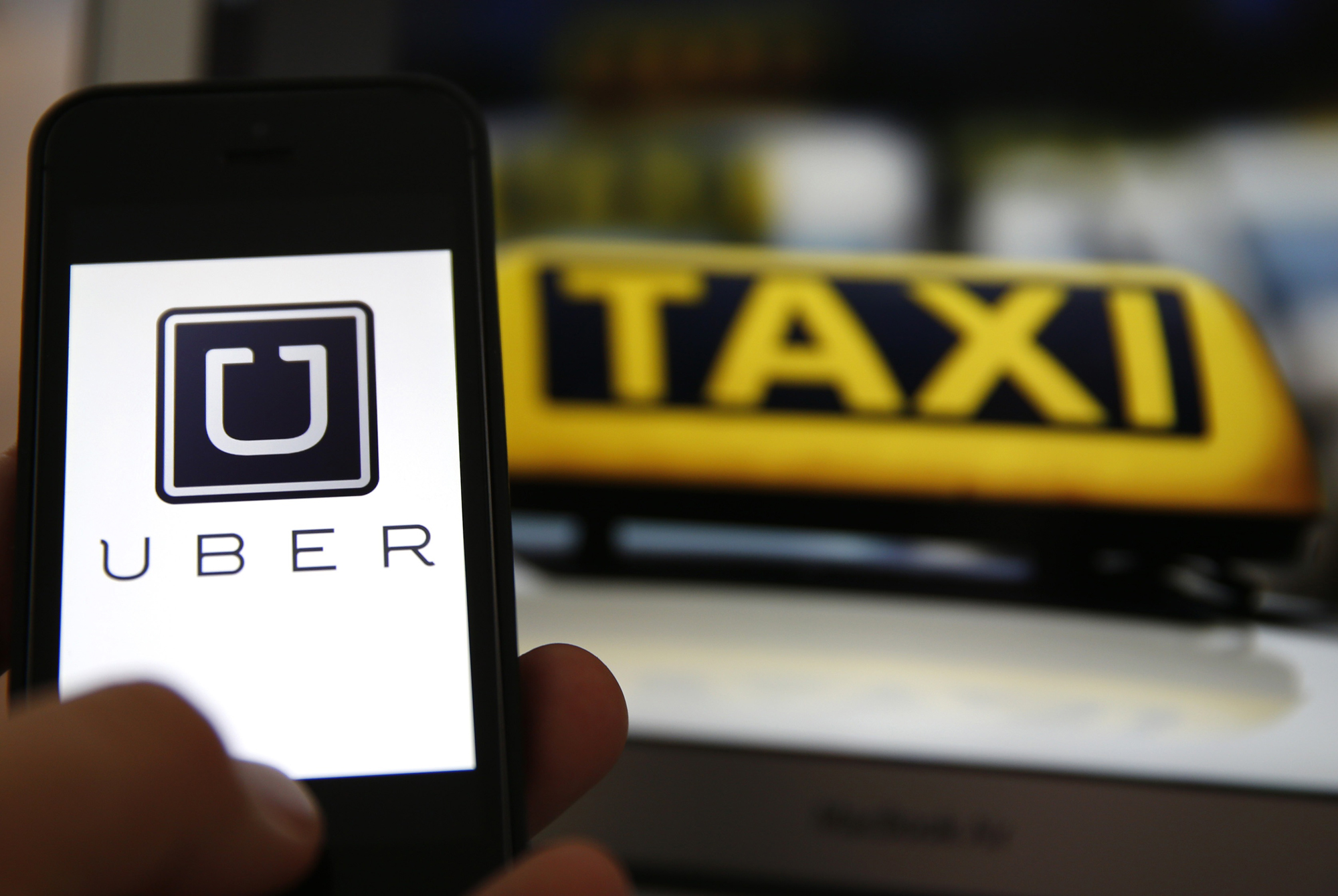advertisement
Uber EA focused on good PR in light of London woes
Alive to the challenges facing Uber in London, where the firm has been denied a new private hire licence by…

Alive to the challenges facing Uber in London, where the firm has been denied a new private hire licence by Transport for London (TfL), Uber East Africa has chosen to concentrate on the positives they have achieved in the region over their three year stay.
TfL said, via a statement, that it took the decision to deny Uber the licence on the grounds of public safety and security implications. In East Africa, Uber has distanced itself from the turmoil facing their affiliate in London, choosing instead to focus on the steps they have taken to avoid such problems.
“The recent decision only applies to Uber in London and does not impact Uber in East Africa. Millions of people use our app to get from A to B and thousands of licensed drivers rely on Uber to make a living,” said Ms Janet Kemboi -Spokesperson, Uber East Africa.
advertisement
The recent decision only applies to Uber in London and does not impact Uber in East Africa. Millions of people use our app to get from A to B and thousands of licensed drivers rely on Uber to make a living
Ms Janet Kemboi -Spokesperson, Uber East Africa.
“Our mission as a technology company is to provide safe, reliable and affordable transportation to everyone at all times across East Africa, we will stand by that mission,” Ms Kemboi continued.
Uber’s troubles in East Africa
Even though the company has good intentions, in 2016 Uber drivers met strong resistance from traditional taxi drivers who threatened to paralyze transport if the government did not drive the Uber taxi services from Nairobi.
advertisement
The taxi drivers’ put their threats into action, targeting Uber drivers and attacking them. This problem was solved thanks to police intervention and Uber encouraging taxi drivers to embrace technology and join them instead of beating them.
When Uber came to East Africa They launched UberX in Kenya with an original pricing of 60 KES/km, 4 KES/ minute, 100 KES base fare and a minimum fare of KES 300. When Safaricom and Craft Silicon partnered to launch Little Cabs Uber slashed their price by 35%. However, that decision was not well received by the drivers as they decided to strike forcing Uber to rethink their decision again.
According to Ms Kemboi, Uber East Africa is able to respond quickly to driver partner queries thanks to the establishment of proper channels of communication where anyone can speak to us at any time.
advertisement
“Uber succeeds when driver-partners succeeds, we are constantly looking for new ways to enhance our app to better serve the needs of our driver-partners. We also opened GLH (Green Light Hub) offices across East Africa where drivers can come and speak to us about their individual concerns throughout the week,” she said.
Uber succeeds when driver-partners succeeds, we are constantly looking for new ways to enhance our app to better serve the needs of our driver-partners. We also opened GLH (Green Light Hub) offices across East Africa where drivers can come and speak to us about their individual concerns throughout the week.
Ms Janet Kemboi -Spokesperson, Uber East Africa.
We also rolled out features in the app to improve the drivers’ experiences. Based on past feedback we’ve received, we have rolled out features such as Driver destinations a feature that allows driver-partners set their destination twice a day when they want to be matched with riders heading in the same direction, this feature helps drivers make their first and last trip of the day count even more.
Is it a culture problem with Uber?
Uber is already effectively banned from a number of countries including France, Spain and Belgium and now London. The company though remains adamant that they will appeal the decision within the 21 days stipulated.
“We plan to appeal the decision in London and can continue operating while we await the outcome of our appeal. We are of course keen to sit down with TfL to understand what changes they want us to make so we can get things back on track for the millions of Londoners who rely on Uber,” said Ms Kemboi.
“Poor values ultimately bring leaders and companies down,” said John Colley, a Professor of Practice in the Strategy & International Business Group, Warwick Business School, in a comment article pertaining to Uber’s situation in London.
“There is a very long list of businesses who have suffered for failing to uphold the level of values necessary. Until Uber gets this message then it will suffer lost trade as a result of its deteriorating reputation. Customers do have options in London with Addison Lee and the likes. In the short term expect plenty of positive PR but the prospects of the culture changing while Kalanick is still there are slim,” added Colley.
According to Colley Uber’s thrusting style, which many have labelled a macho and sexist culture, is predominantly a consequence of the recently resigned CEO, Kalanick’s, approach to leadership.
“Kalanick remains on the board with two of his close supporters. It is his management team and the culture follows his personality. While he is still there the culture is unlikely to change. Dara Khosrowshahi has little chance of changing the culture while Kalanick is still there and a strong influence on the company.” Colley concluded.